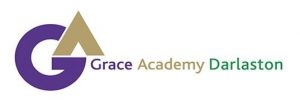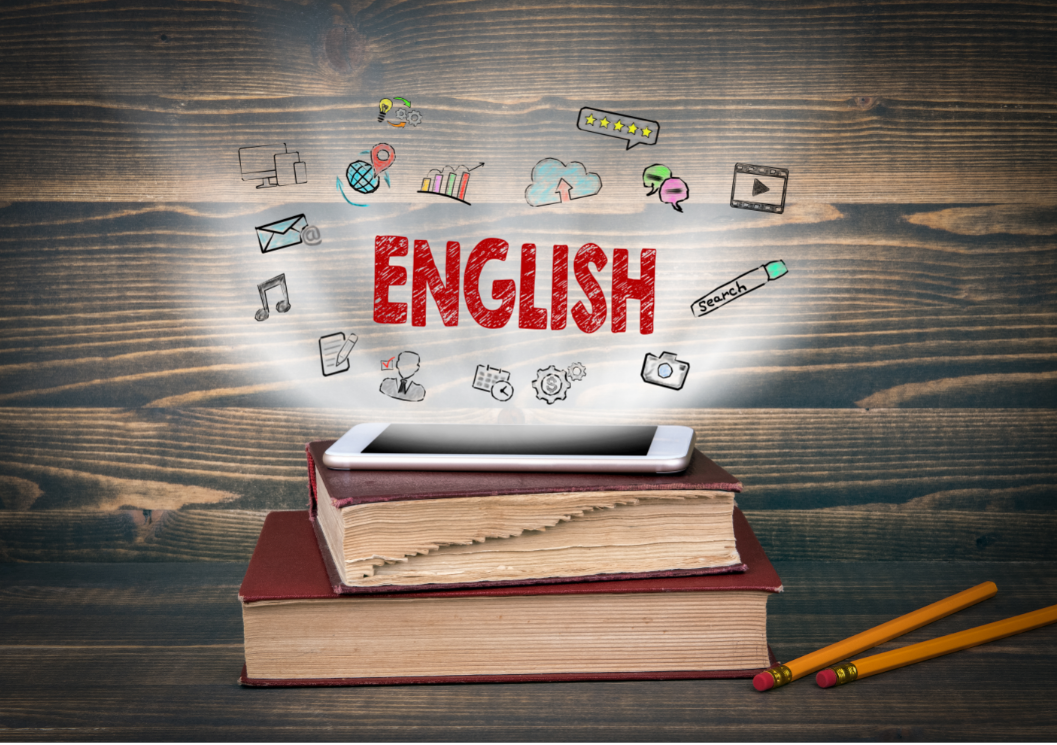English Curriculum Intent
KS1/2 links: By the end of Key Stage 2 (KS2), students will have honed their comprehension skills, adept at identifying basic literary techniques. They’ll be familiar with fundamental sentence structures, with the most advanced among them showcasing an understanding of longer, intricate sentences. Their vocabulary will have expanded, fostering their ability to express ideas with precision and sophistication; thus, proving a solid foundation to build upon.
KS3: At Key Stage 3 (KS3), our curriculum is thoughtfully designed with a concept-led approach that guides students on a journey of powerful knowledge acquisition from Year 7 to Year 9. Our primary aim is to build a strong and enduring foundation upon which students can confidently build their academic journey and, in the future, make meaningful contributions to society. Our curriculum is rooted in the belief that knowledge is transformative. We understand that equipping students with powerful knowledge not only enables them to excel in their academic pursuits but also empowers them to actively engage in shaping the world around them. To achieve these goals, our curriculum is meticulously structured. Concepts are carefully planned and sequenced throughout KS3, ensuring that students’ understanding evolves progressively from Year 7 to Year 9. This deliberate progression enables students to delve deeper into subjects, developing a robust grasp of fundamental concepts while nurturing their capacity to think critically and apply their knowledge effectively. In essence, our KS3 curriculum is a powerful journey of knowledge and growth. It equips students with the foundational understanding required for further study and prepares them to become informed, capable, and engaged members of society. Through this concept-led approach, we foster a lifelong love of learning and empower our students to make meaningful contributions to their communities and the broader world.
Year 7 23/24
Useful websites for revision and additional support:
Year 7
| YR 7 Topics to be taught | Autumn 1 | Autumn 2 | Spring 1 | Spring 2 | Summer 1 | Summer 2 |
| Language | The Writer’s toolkit | Unsolved Mysteries | Wonderland | Art f Rhetoric | Art of Rhetoric | Ancient Tales Language |
| Literature | Oliver Twist | Oliver Twist | Powerful Poetry | Romeo & Juliet | Romeo & Juliet | Ancient Tales Literature |
Year 8
| YR 8 Topics to be taught | Autumn 1 | Autumn 2 | Spring 1 | Spring 2 | Summer 1 | Summer 2 |
| Language | Gothic Fiction: Analysing Language | Gothic Fiction: Creative Writing | Speeches that Changed the World: Analysis | Speeches that Changed the World: Speaking and Listening | Wondrous Women | Language in colour |
| Literature | The Tempest | The Tempest | Sonnets | Sherlock Holmes: The Speckled Band | Animal Farm | Animal Farm |
Year 9
| YR 9 Topics to be taught | Autumn 1 | Autumn 2 | Spring 1 | Spring 2 | Summer 1 | Summer 2 |
| Language | 21st Century Book Adaptations | The Art of Rhetoric | Creative Writing | 19th Century Living | Different Voices | Edwardian Era |
| Literature | Of Mice and Men | Julius Caesar | Songs of experience | Exploring Madness and Psychological Horror | Exploring Madness and Psychological Horror | An Inspector Calls |
KS4: At Key Stage 4 (KS4), our English curriculum, encompassing both Language and Literature, is thoughtfully crafted to nurture students’ profound understanding and appreciation of the English language and its literary heritage.
GCSE English Language
In the GCSE English Language course, students embark on a journey that exposes them to a diverse range of texts, fostering engagement with both creative and relevant contexts. Throughout this exploration, students hone high order reading skills, cultivating critical thinking abilities that fuel their inquiries into a myriad of topics and themes. Through extensive reading, they develop a comprehensive understanding of texts spanning different eras and forms. Analysing and evaluating these texts becomes second nature, empowering students to approach literature with a discerning eye. Moreover, our students not only grasp the nuances of language but also leverage their extensive reading knowledge to write confidently and persuasively. This course not only equips them with essential communication skills but also instils in them the confidence to articulate their thoughts effectively and eloquently.
GCSE English Literature
In the realm of GCSE English Literature, students delve deep into the heart of seminal texts. They meticulously explore intricate elements such as plot, characterisation, setting, and context, unravelling the layers of meaning woven into each narrative. By practicing critical and academic reading, students learn to evaluate multiple perspectives and responses to these texts. This enriches their understanding of literature but also hones their ability to engage in nuanced and thoughtful discussions. Furthermore, our students are encouraged to develop and convey their own informed personal responses to the texts they encounter. This process not only nurtures their creativity and individuality but also fosters a sense of empathy and connection with the diverse characters and situations presented in literature. In essence, our KS4 English curriculum goes beyond the realms of Language and Literature. It serves as a platform for holistic growth, nurturing in our students a deep love for reading, an acute sense of critical analysis, and the confidence to express themselves eloquently. Through these endeavours, we empower our students to become not just adept readers and writers but also thoughtful, empathetic, and articulate individuals ready to navigate the complexities of the world around them.
Key Stage 5
KS5: At Key Stage 5 (KS5), our A Level English curriculum is designed to immerse students in the rich world of literature and critical thought. It centres around the exploration of seminal texts from diverse genres and eras, inviting students to engage with these works through a multifaceted lens. The curriculum emphasises the interconnectedness between these texts, encouraging students to explore the subtle threads that bind them together. Furthermore, our students delve into the study of critical theory, a pivotal aspect of their academic journey. This exposure equips them with the analytical tools to interpret texts from various perspectives and craft their own unique interpretations. In doing so, our KS5 students not only develop a deeper appreciation for literature but also cultivate the essential skills of critical thinking and independent analysis, fostering their intellectual growth and enhancing their ability to engage meaningfully with the world of literature and ideas.
Beyond Grace Academy: In alignment with our core values of Grace, Integrity, Excellence, Respect, and Potential, our school’s English curriculum is designed with a profound commitment to the significance of the English language in education and society. At the heart of our educational approach, the English curriculum stands as a pillar, fostering the cultivation of critical thinking abilities, effective communication, and active engagement with societal issues. We believe that immersing our students in the study of English provides them with not only essential literary knowledge but also the empowerment to participate meaningfully in the ongoing discourse of our society. By engaging with English as a subject, our students are equipped to make well-informed and impactful contributions to our community, embodying our core values in their actions and interactions.

